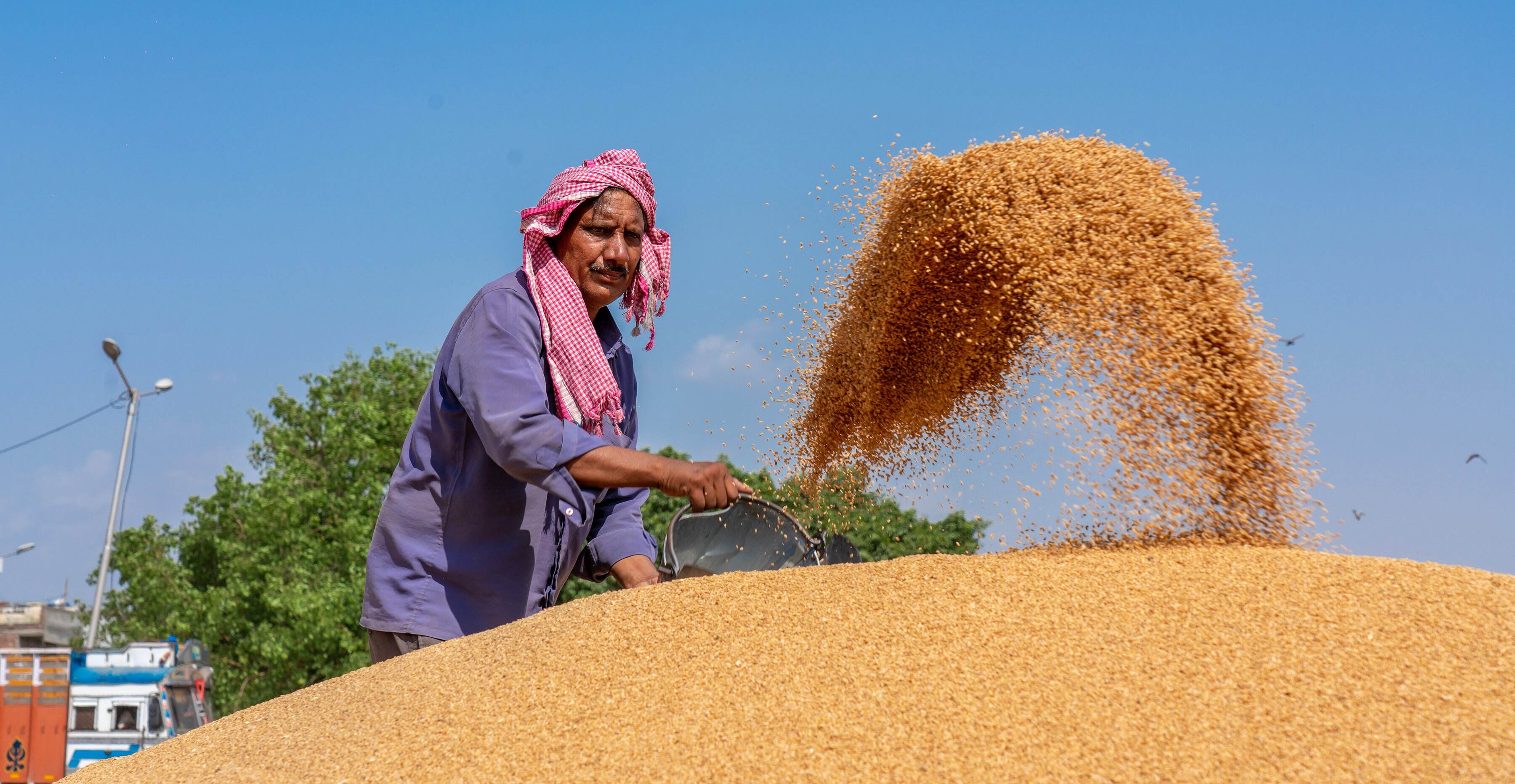A bigger role to play

Amid the deplorable situation caused by the Russia-Ukraine war, a large part of the world — particularly the Western and Middle East nations — are facing an acute shortage of wheat among other agricultural products. The UN's special rapporteur on the right to food, Michael Fakhri said, "With the Russian invasion, we are now facing the risk of imminent famine and starvation in more places around the world." Russia and Ukraine collectively export more than 25 per cent of the wheat traded globally. Major importers of wheat from these countries include Egypt, Turkey, Bangladesh, Nigeria, Yemen, Sudan, Ethiopia etc. Russia has not just banned exports of wheat to erstwhile Soviet states but also blocked the Black Sea route which is the prime route used by Ukraine to export its commodities. In the aftermath of the blockage, Ukraine had made "efforts to increase exports via railway routes through the country's western borders (but) overall volumes are likely to be limited." These developments have put the scenario of food security in poorer countries like Ethiopia and Yemen in peril. The World Food Program has reported that the loss of access to grains and pulses from Ukraine could increase the cost of buying food by up to USD 23 million a month, threatening already underfunded crises in Yemen, Ethiopia, Afghanistan and Syria. While the war has negatively impacted India also on account of a steep rise in international oil prices, the country has found a place in the sun when it comes to wheat supplies. India is the leading global producer of wheat after China and has the potential to ship 12 million tons to the world market in 2022-23. Bloomberg reported, citing Food Corporation of India's (FCI's) data, "State-run warehouses in India held more than 23 million tons of wheat at the beginning of March, about three times the level required by the government for this time of year." The excess burden on warehouses is normally considered a malaise leading to heavy wastage of food grain but under present circumstances, when the global supply is restrained, it offers a huge opportunity. India is ramping up its efforts at both the global and the domestic levels to make good use of this chance. In the first place, India is heading towards finalizing a deal with the world's leading wheat importer — Egypt. Dialogues with nations in Middle East Asia are also being carried out. Minor challenges like enhanced shipping timings can be compensated for by relatively lower prices of Indian wheat. It is believed that the strange situation arising out of the Russia-Ukraine conflict could last for at least 3 to 4 months and, to stick to its newfound role of buttressing the global wheat market, India is leaving no stone unturned. Reserve Bank of India recently cleared the Rs 24,773-crore credit limit in Punjab for Rabi crop procurement. Though this was in response to the Punjab government's request in order to facilitate the purchase of 132 lakh tons of wheat, it can also be correlated to the Central government's effort towards realizing its export potential. The greater challenge for the government will be to offset the rising prices of fertilizer in wake of the Russia-Ukraine conflict. Russia, along with its ally Belarus, is a significant supplier of fertilizer globally, accounting for around 15 per cent of the total supplies. The Indian government must ensure that unnecessary burden is not passed on to farmers — riding on whose backs the country is positioned in a comfortable position amid global turmoil. Also, the government should make all-out efforts to ensure that it continues to be a significant player in the global supply chain of wheat, or for that matter, all agricultural commodities in the longer run. Given the paramount agricultural production of the country, it should find its permanent place in the global food grains market. It will be advisable here to focus on crop diversification across the country to make India a reliable exporter of agricultural commodities. Finally, profit-making should not be the sole motive for the country; It should also focus on easing down the food risk of the poorer nations hit badly by the war.



